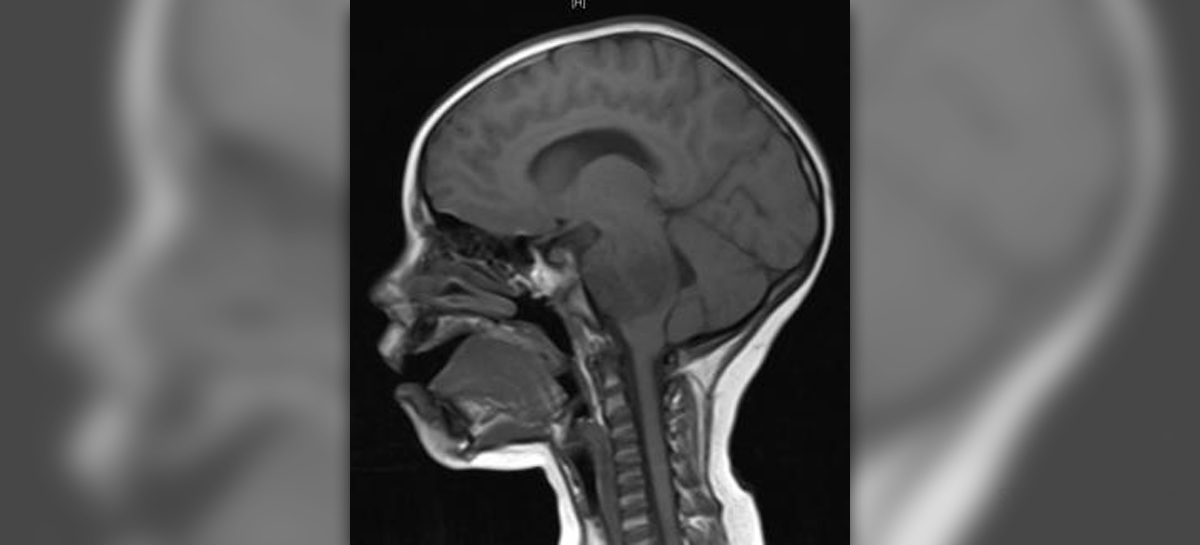
An abnormal and uncontrollable growth of cells in the brain results in formation of a brain tumor. The brain tumors can be simply classified into benign and malignant. This classification is made on pathohistological characteristics of the very tumor. However, even benign tumors may, in case they have grown to a certain size and if they cannot be surgically treated and removed, cause many problems. Malignant brain tumors are a group of tumors whose cells divide rapidly and uncontrollably and which are aggressive and may not respond to all the available treatment modalities.
Types of Malignant Brain Tumors
All malignant brain tumors can be further divided into primary and secondary. The primary malignant brain tumors originate from the cells of the brain while secondary malignant brain tumors represent metastases of a cancer from other organs in the body. The most common primary malignant brain tumor is glioma. This tumor originates from the glial cells. Apart from gliomas there are several more malignant brain tumors and they include medulloblastoma, meningioma, schwanoma and craniopharyngeoma. Medulloblastoma is a tumor which is located in the cerebellum and it predominantly affects children. Meningeoma is a tumor of meninges and schwannoma is made of schwann cells. Craniopharyngeoma is a malignant brain tumor which originates from pituitary gland embryonic tissue and it is, similarly to medulloblastoma, a common brain tumor in children.
Presentation of Malignant Brain Tumors
The location and the actual size of the tumor determine the symptoms and signs of the disease. Headache is one of the most common symptoms of malignant brain tumors. Furthermore, there may be a variety of neurological symptoms and signs in case cranial nerves are compressed or infiltrated. Increased pressure inside the skull is caused by the growth of the tumor and increase in intracranial pressure. Additional symptoms include seizures, nausea, vomiting, problems with balance etc.
Treatment for Malignant Brain Tumors
Treatment for malignant brain tumor depends on its pathohystlogical type, size, location and patient's general health.
There are several treatment modalities and even their combination is possible. They include surgical excision of the tumor, radiation therapy and chemotherapy. The most effective way is to surgically remove the tumor whenever it is possible. Radiation therapy can be applied as adjuvant after the surgery or as the only option in inoperable patients (when the tumor cannot be surgically removed due to specific localization). Chemotherapy is the third option and it can be administered alone or in a combination with radiation therapy in case of certain types of malignant brain tumors.

















Your thoughts on this
Loading...